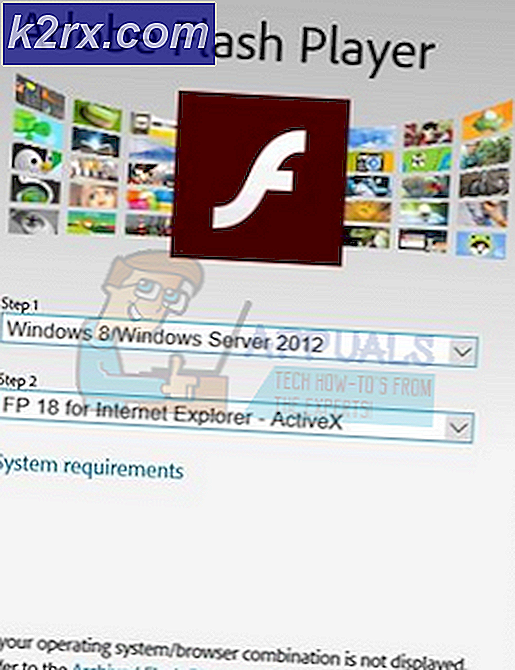Open Microsoft Edge on your PC or Mac. Using the top address bar, navigate to the website that you want to enable Adobe Flash Player on. Click on the icon that resembles a puzzle piece to the. Mar 04, 2020 Adobe Flash Player should now be enabled for your Microsoft Edge browser. How to enable Adobe Flash Player on Microsoft Edge for specific sites. Open Microsoft Edge on your PC or Mac. With the Windows 10 KB4577586 rollout, it removes the Adobe Flash Player installed on the Windows 10 Operating Systems. Microsoft says that once done, you cannot uninstall the update. Microsoft Edge doesn't come with Adobe Flash Player installed, but you can enable it to view websites that still use Flash. If you prefer Microsoft Edge over the default Safari, you can also. Enable Flash Player (and test for problems or errors) in Microsoft Edge for Windows 10.
Originally published: September 9, 2019
Updated: September 11, 2020
Please go here to search for your product's lifecycle.
This article has been updated. Please go here for the latest.

Adobe will end support of Flash Player on December 31, 2020. Here's what you can expect in the meantime for each Microsoft browser: Ralink rt3060f driver download windows.
In the next version of Microsoft Edge (built on Chromium), Flash will be disabled by default. However, users may re-enable it on a site-by-site basis. The timeline for Chromium-based browsers can be found here.
Flash will not be disabled by default from Microsoft Edge (built on EdgeHTML) or Internet Explorer 11 prior to its removal by December of 2020.

Flash will be completely removed from all browsers by December 31, 2020, via Windows Update. Group policies are available for enterprise admins and IT pros to change the Flash behavior prior to that date.

Companies reliant on Flash for development and playback of content are encouraged to remove the dependency on Adobe Flash prior to December 2020.
Please see our blog for more information.
Important notes
Adobe Flash Player is out of support as of December 31, 2020. For more information, see Adobe Flash end of support on December 31, 2020.
Applying this update will remove Adobe Flash Player from your Windows device.
After this update has been applied, this update cannot be uninstalled.
This update only removes Adobe Flash Player that was installed by your version of Windows. If you installed Adobe Flash Player manually from another source, it will not be removed. For more information about how to remove Adobe Flash Player, see the Uninstall Flash Player | Windows topic on the Adobe website.
Summary
This update removes Adobe Flash Player that is installed on any of the Windows operating systems that are listed in the 'Applies to' section. After you apply this update, it cannot be uninstalled.
Note If you must use Adobe Flash Player again on your device after this update has been installed, use one of the following methods:
Method 1: Reset your device to an earlier system restore point. This feature must be explicitly enabled and a system restore point must have been created on your Windows device before you apply this update.
For more information about system restore point, see Back up and restore your PC.Method 2: Reinstall your Windows operating system, but do not apply this update.

Known issues in this update
Issue | Resolution |
When this update is applied, registry settings for the third-party provided version of Adobe Flash Player may be removed. | To resolve this issue, reinstall the third-party version. |
How to obtain and install the update
Windows Update
Enable Adobe Flash Player Microsoft Edge
This update is an optional update in Windows Update.
Microsoft Update Catalog
To get the standalone package for this update, go to the Microsoft Update Catalog website.
Windows Server Update Service
This update is an optional update in Windows Server Update Service (WSUS).

References
Adobe Flash Player Microsoft Edge Url
Learn about the terminology that Microsoft uses to describe software updates.
